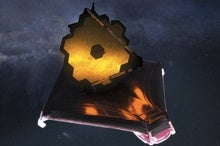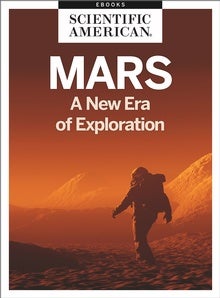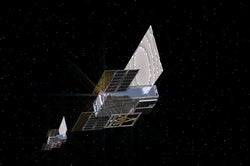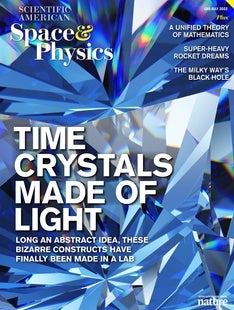 |
| |
Dear Reader,
The closest thing to a holy grail in planetary science may be a project called Mars Sample Return. If robots can collect small bits of dirt and rock from Mars and send them back to study in Earth-based laboratories, researchers stand to learn much more than any analysis done in situ on the Red Planet. There's only one catch: what if the samples contaminate Earth? After all, one of the main reasons scientists are so keen to study Mars is to find out whether it does or ever did host microbial life. Because this possibility is far from ruled out, there is a chance, some argue, that bringing material back from Mars could introduce dangerous or invasive organisms to our home planet. Journalist Leonard David talks to scientists about just how careful they have to be when planning to transport pieces of Mars to Earth in our lead story. In other space and physics news this week, a new map of the Milky Way offers unprecedented information about stars' motions, colors, compositions and more, offering a treasure trove of data for astronomers hoping to trace the history of our galaxy. And a long-running mystery about the famous star Betelgeuse, part of the constellation Orion, may have been solved with a little help from a weather satellite. Read on for these stories and more! |
| |
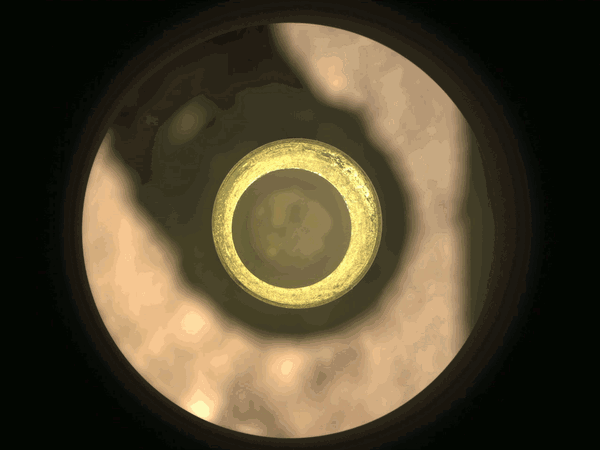 |
| |
| |
| |
| |
| |
| |
| |
FROM THE STORE
 | | Mars: A New Era of Exploration Was there ever life on Mars? Could life exist there? The latest of nearly 50 missions, NASA's Mars Perseverance Rover is the opening shot of an ambitious plan to find answers. In this eBook, we look at the Red Planet: what we've learned from past rovers, the challenges of space travel and searching for life, proposals for how to make Mars livable and how Perseverance could change everything we know for decades to come. |  | | |
| |
FROM THE ARCHIVE
 | | | |
LATEST ISSUES
 |
| |
| Questions? Comments?  | |
| Download the Scientific American App |
| |
| |








